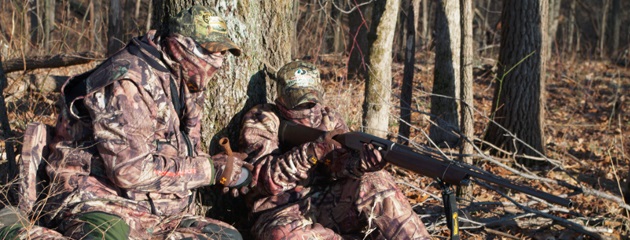Two story’s from NWTF to keep you on your toes for this spring turkey season and thinking gobblers….
Senior Moments: When I started turkey hunting in 1979, I was 31 years old and full of spit and vinegar. I’d hunt from predawn until the end of legal shooting time. I’d run and gun, walking and calling, and walking and calling some more, rarely setting up unless I heard a gobble. I covered a lot of ground and shot a lot of birds. Now, at 66, I still tag a lot of turkeys, and though I’m in good shape, I’ve tempered my tactics to accommodate the aging process.
The Department of Environmental Conservation reports that the average age of turkey hunters in my home state of New York is 54. Statistics for the remaining 48 turkey hunting states might be similar. With that in mind, I think there are likely many gray beards who go after longbeards, and they might be interested in the adjustments I have made in my hunting tactics.
Sleep in – The typical turkey hunting experience begins well before first light, listening for gobbles that greet the day. Then, the textbook has you getting close to the roost, making some calls and luring a gobbler into shotgun range. It’s a great scenario when it actually unfolds, but all too often, the birds haven’t read the textbook. That doesn’t mean I don’t still make those predawn outings: I just don’t do it as often. Read more >>> http://www.nwtf.org/hunt/article/senior-moments

Window Dressing: Occasionally, calling in a gobbler during the spring is a piece of cake. You set up at a logical location, fire him up with a few hen yelps and wait for him to show up. At such times, you think you have this game figured out. Ah, but not so fast.
Things are not always that simple. For various reasons, said gobbler might refuse to play. Even if he seems interested at first, he might hold his ground and torment you with his indecision. It’s because of the uncertainty inherent in most calling scenarios that hunters constantly search for a magic sound that will tip the scales in their favor. These sounds can be turkey calls you don’t ordinarily rely on or sounds turkeys make that aren’t part of their vocabulary.
I consider any added calls, or other things we resort to when we desperately try to seduce a recalcitrant gobbler, to be window dressing. To me, such calls include subtle clucks, purrs and low-volume yelps, all of which are meant to convince a tom that you’re a relaxed hen going about her business. Ditto for call-less sounds, such as scratching in leaves and slapping your pant leg with your hat to recreate the burst of flapping a hen does when she stretches her wings and shakes her feathers into place. Read more >>> http://www.nwtf.org/hunt/article/window-dressing
